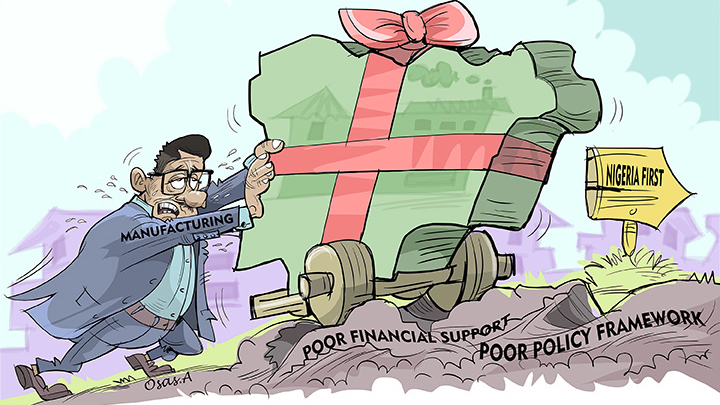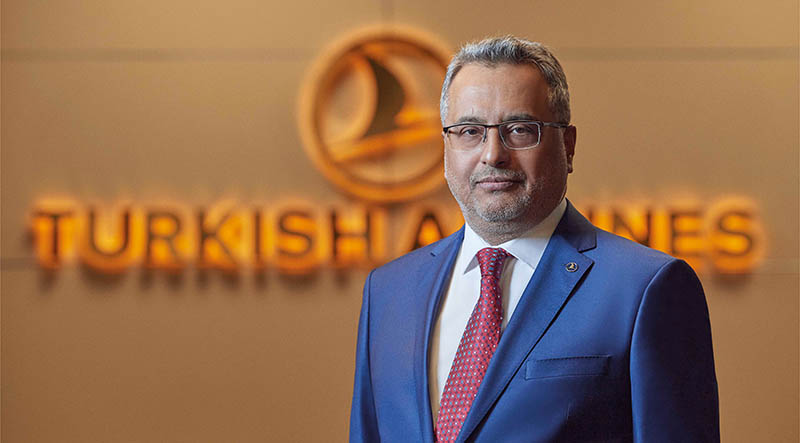
Botswana has been ranked the most financially literate country in Africa with 52 per cent of its population covered, while Somalia, with 15 per cent, ranks least in the region.
According to the Global System for Mobile Communications Association (GSMA) in a presentation made at RegTech Africa Conference 2023 in Lagos, with the theme, ‘Elevating National Policy on Financial Inclusion, Consumer Protection and Cybersecurity’, Nigeria, Kenya and South Africa are at 26, 38 and 42 per cent respectively.
GSMA defined financial literacy as the ability to make sound financial decisions, acquire the necessary knowledge, skills, confidence, and competence to use financial products and services and act in one’s best financial interest based on individual economic and social circumstances.
On the state of mobile money in the region, the telecoms body noted that infrastructure and access are still crucial elements to meeting digital financial inclusion goals, stressing that initiatives must also go further to tackle the knowledge, confidence, and trust needed for individuals to use the technology and services at their disposal effectively.
Referencing its State of the Industry Report on Mobile Money 2022, GSMA said lack of knowledge and skills ranked as the second most reason hindering users from registering for a mobile money account.
Providing a background, the body informed that it is estimated that 70 per cent of new value created in the economy over the next decade will be based on digitally enabled business models.
Accordingly, it said in 2022, there were 319 mobile money deployments live in 102 countries, and 1.6 billion mobile money registered accounts globally. GSMA said 62 per cent of adults in Sub-Saharan Africa have mobile money accounts and that the number of registered mobile money accounts has grown from 1.4 billion to more than 1.6 billion in 2022.
The body, which represents the interest of telecoms operators across the globe, said those figures have contributed to a more inclusive digital economy; enabled inclusion of the previously excluded and underserved groups; growth in financial access and financial inclusion; increased focus by regulators to address the financial literacy challenge through the development of financial literacy, financial inclusion strategies, and policies encompassing digital financial services.
GSMA said there are now 166 live mobile money services in Africa, 781 million registered mobile money accounts and 291 million 30-day active accounts.
Regionally, West Africa has 6.5 million registered agents as of 2022, where 2.1 million are active. East Africa has 2.49 million registered agents and 1.66 million active ones. Central Africa has 913,000 registered agents, of which 499,000 are active, while South Africa with 114,000 registered agents and 49,000 active ones.
According to GSMA, the financial literacy challenge is a multifaceted issue requiring a multi-stakeholder approach.
To address these challenges and ensure the country enhances the growth of financial inclusion beyond having a bank account or a digital financial service account, it recommended the need to develop and implement financial literacy programmes and initiatives to address the financial literacy gaps in the market; conducting a thorough market assessment by providers to inform the training focus areas, supporting financial service providers in developing financial literacy training manuals and content, collaborating in delivering Financial literacy training, consulting and involvement of FSPs during financial education policy formulation and development, coordinating monitoring and evaluation of financial literacy initiatives and gaps for impact assessment and data sharing with all stakeholders and the development of national financial literacy programmes.






